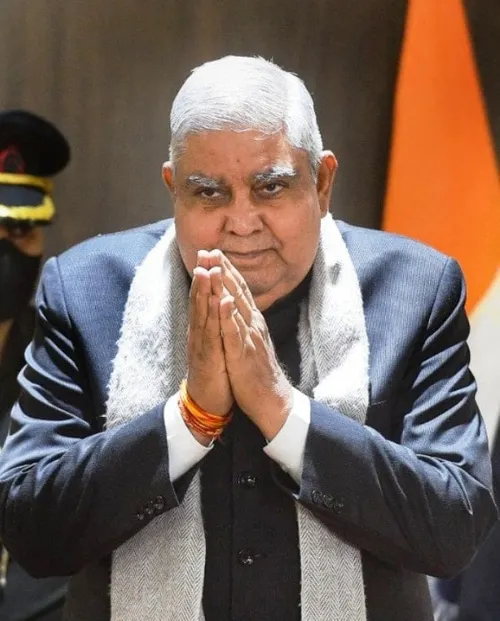Syria’s Islamist-led interim government has decreed that women must wear burkinis – a swimsuit that covers the body except for the face, hands and feet – or other “decent” clothes at public beaches and swimming pools.
The regulations, issued by the tourism ministry, were “aimed at enhancing public safety standards and preserving public decency”, Syrian state news channel Al-Ikhbariyah al-Suriyah reported.
Private beaches, clubs and pools, as well as hotels with more than four stars, are exempt, the directive said.
Women often dress modestly on public beaches in Syria, but some women do opt for more Western styles of swimwear.
Under the new directive, beachgoers and visitors to public pools must wear “more modest swimwear”, specifying “the burkini or swimming clothes that cover more of the body”.
The decree added that women should wear a cover-up or loose clothing over their swimwear when they move between swimming areas.
“Travelling in swimwear outside the beach without appropriate cover is prohibited,” it said.
Men should also wear a shirt when they are not swimming, and are not allowed to be bare-chested outside swimming areas.
The statement said “normal Western swimwear” was generally allowed in exempted places “within the limits of public taste”.
More generally, people should wear loose clothing that covers the shoulders and knees and “avoid transparent and tight clothing”, the decree added.
The directive did not say whether those who did not follow the rules would be penalised or how the rules would be enforced.
It also included other safety regulations around pools and beaches.
In December last year, Islamist rebel forces led by Ahmed al-Sharaa toppled Bashar al-Assad’s regime, bringing years of civil war to an end.
Since then, al-Sharaa, now the country’s interim president, has promised to run the country in an inclusive way.
In an interview with the BBC shortly after he took power, he said he believed in education for women and denied that he wanted to turn Syria into a version of Afghanistan – which has severely curtailed women’s rights.
In March, Sharaa signed a constitutional declaration covering a five-year transitional period.
The document said Islam was the religion of the president, as the previous constitution did, and Islamic jurisprudence was “the main source of legislation”, rather than “a main source”.
The declaration also guaranteed women’s rights, freedom of expression and media freedom.
Anurag Dhole is a seasoned journalist and content writer with a passion for delivering timely, accurate, and engaging stories. With over 8 years of experience in digital media, she covers a wide range of topics—from breaking news and politics to business insights and cultural trends. Jane's writing style blends clarity with depth, aiming to inform and inspire readers in a fast-paced media landscape. When she’s not chasing stories, she’s likely reading investigative features or exploring local cafés for her next writing spot.






